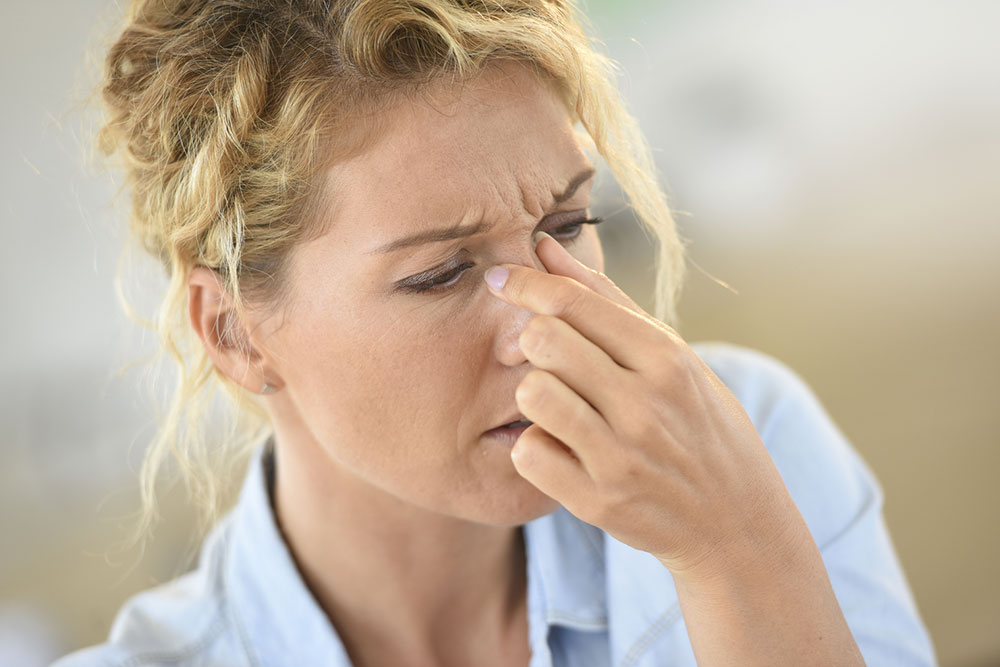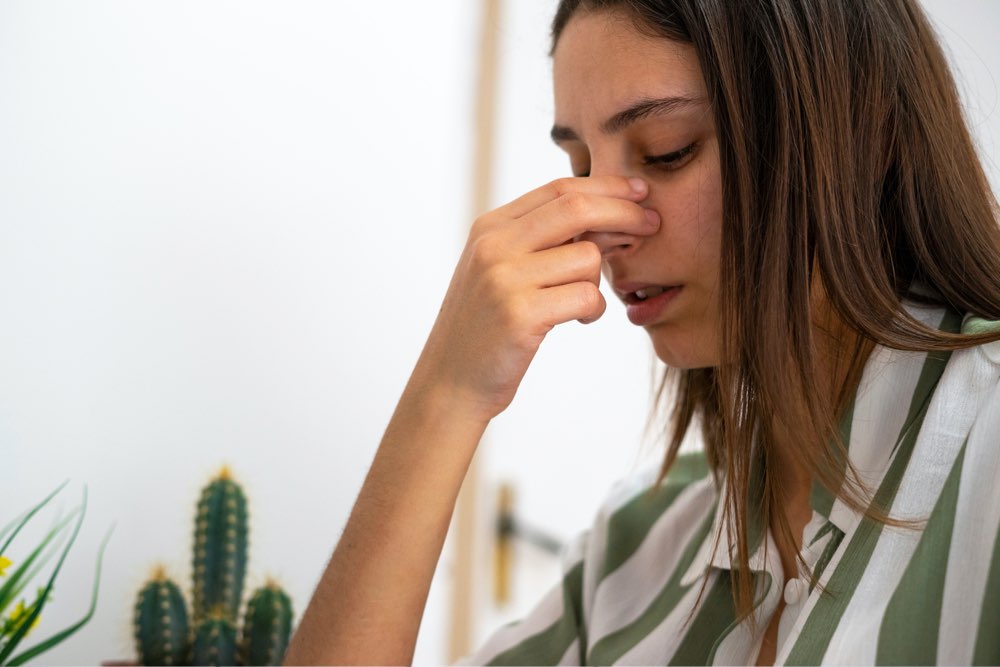Understanding Sinusitis: Symptoms, Causes, and Effective Treatments
This comprehensive guide covers symptoms, causes, and treatments for sinusitis. It discusses different types of sinus inflammation, home remedies, and medical interventions for severe cases. Understanding sinusitis helps in early management, minimizing discomfort and preventing complications. Whether dealing with acute or chronic sinusitis, proper treatment including lifestyle changes and medical support ensures effective relief. Recognizing symptoms early and seeking appropriate care can accelerate recovery and improve quality of life.
Understanding Sinusitis: Symptoms, Causes, and Effective Treatments
Sinusitis, commonly known as a sinus infection, involves inflammation or swelling of the sinus linings. The sinuses are four pairs of air-filled cavities in the skull that connect via small channels, facilitating mucus drainage. Normal mucus flow protects the respiratory system by flushing out bacteria. However, blockages can occur if sinuses fill with fluid, creating an ideal environment for bacterial growth, leading to infection.
Signs of Sinus Infection
Congested nose
Runny nose
Headaches
Facial tenderness
Discolored nasal mucus
Coughing
Sore throat
Bad breath
Common Causes of Sinusitis
People often confuse sinusitis with a sinus infection; both terms describe inflammation due to infection. Causes include bacterial, viral, or fungal infections that block the sinuses. Typical triggers are:
Seasonal allergies and nasal sensitivities
Nasal polyps or growths
Common cold
Nasal septum deviations
Weakened immune defenses
Young children using pacifiers or bottles while lying down may also be more prone to sinus issues.
Types of Sinusitis
Acute bacterial sinusitis: Sudden symptoms like nasal congestion or facial pain lasting over ten days, sometimes improving then worsening, often treated with decongestants and antibiotics.
Chronic sinusitis: Symptoms like nasal congestion and reduced smell persist beyond 12 weeks.
Subacute sinusitis: Symptoms last between 4 to 12 weeks.
Recurrent acute sinusitis: Symptoms recur four or more times annually, each lasting less than two weeks.
Who’s at Risk?
Anyone can develop sinusitis, especially individuals with nasal polyps, allergies, structural nasal deformities, or asthma.
Home Remedies for Dry Sinusitis
Managing dry sinusitis at home includes:
Staying well-hydrated by drinking plenty of water
Using a humidifier to add moisture to the air
Consulting a doctor before stopping antihistamines
Ensuring good air circulation indoors
Performing nasal irrigation with a saline solution
Removing allergens from your environment
Using saline nasal sprays to soothe the passages
Inhaling steam during showers
Diffusing essential oils like peppermint or lavender
Advanced Treatment for Chronic Sinusitis
Severe cases require medical intervention, including:
Nasal corticosteroids: Sprays such as fluticasone or mometasone reduce inflammation. Persistent cases may need nasal rinses with medicated saline solutions.
Oral or injected corticosteroids: Used for severe inflammation but with potential side effects.
Saline nasal irrigation: Helps clear mucus and allergens.
Aspirin desensitization: Considered if aspirin sensitivity contributes to sinus issues.
Primary care physicians or ENT specialists typically manage sinusitis. Pediatricians can diagnose and treat uncomplicated cases in children.
Timely treatment, proper rest, and hydration usually help recovery. Both home remedies and medical options are effective in alleviating sinusitis symptoms.
Important Note: The information on our platform offers valuable insights but should not replace professional medical advice. Always consult healthcare providers for proper diagnosis and treatment options.










